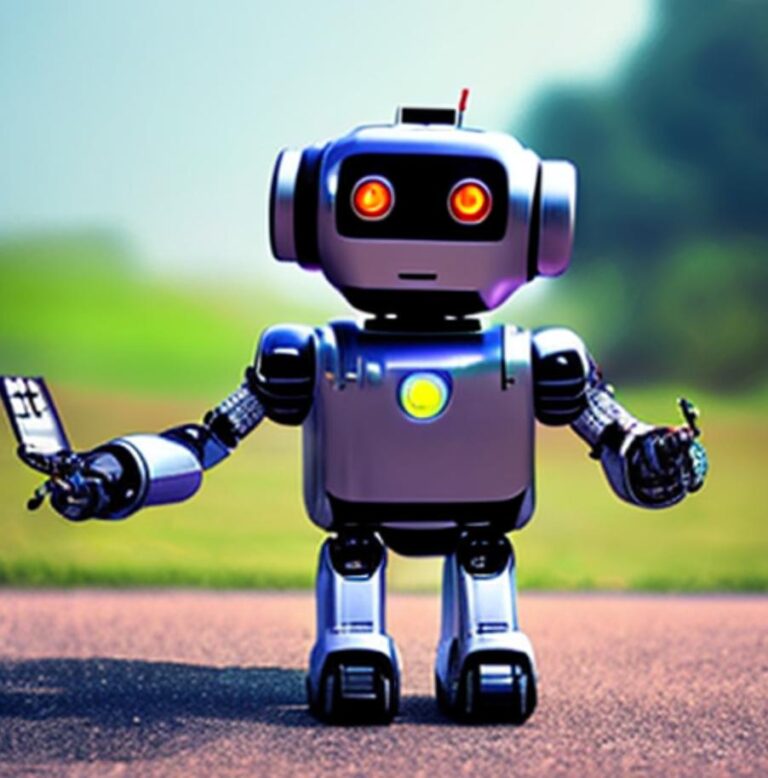AI, or Artificial Intelligence, is the study of computer systems that emulate human behavior and decision making processes. It is the concept of machines that can think and operate like humans. This has been attempted in many different forms for decades, leading to an evolutionary process as these machines become smarter and better at understanding the world around them. AI has the potential to revolutionize the way we do business, interact with the world, and even our job roles. AI technology can be utilized to automate processes, identify trends, and make predictions that guide us to intelligent decisions.
The Origins of AI
AI was first studied in the 1950s when Alan Turing developed the Turing test. This test was designed to evaluate the intelligence of computers and see if they can match or surpass human intelligence. To pass the Turing test, a computer system must have the capability to understand, respond, and think like a human being.These early attempts sparked research into machine learning, an important subset of AI which has applications for everything from medical diagnosis and robotics to natural language processing (NLPs).
The Evolution of AI
In the decades since, there have been major advances in AI technology, with current AI algorithms being vastly more sophisticated than their humble predecessors. It is easy to see this in today’s industry with algorithms that can diagnose diseases as quickly and accurately as human doctors. AI algorithms have also been integrated into everyday life, from virtual assistants such as Amazon Alexa and Google Home to auto-piloted cars from Tesla. About 80% of all machine learning projects are supervised, meaning that machines are trained to learn patterns and recognize objects based on data labeled by humans.
The AI Landscape
Though advances in AI have been vast, there are still challenges that remain. AI is especially limited by its inability to explain its decisions. In order to make AI a more accessible and meaningful tool for a greater number of people, research is being conducted to make AI systems more explainable so that users can understand what the machine is doing and why it is doing it. There is also a trend towards making AI more ethical by instituting safeguards that protect human privacy and decision-making.
AI Today
Today, AI is being used in a variety of applications including facial recognition, forecasting, recommendation engines, and analytics. Companies are using AI and machine learning to improve customer service and the user experience, drive more efficient processes, create new products, and drive innovation and growth. Going forward, AI will be at the forefront of the digital transformation of businesses, revolutionizing the way organizations operate in the decades to come.

